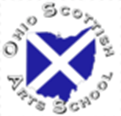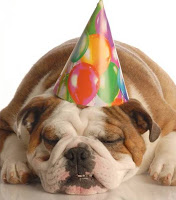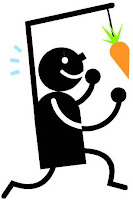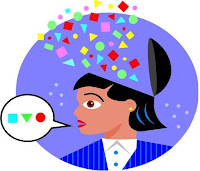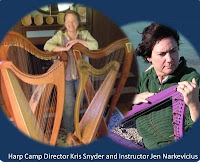Those of you who know me personally know I’m really big on going to school to learn cool stuff. So it is essential that I tell you about/remind you about/encourage you to come to THE OHIO SCOTTISH ARTS SCHOOL. I have been fortunate to participate in OSAS for a number of summers and each year I learn more than I thought possible – so you need to know more about it too!
This year, OSAS will be held June 25—July 1, 2011 at the quaint Oberlin College campus in Oberlin, Ohio (just south of Cleveland). OSAS is sponsored by the Scottish-American Cultural Society of Ohio, Inc.
From the website, “It is the intent of the OHIO SCOTTISH ARTS SCHOOL to provide comprehensive instruction in traditional arts of Highland dancing, fiddling, harping, piping and drumming, by nationally and internationally recognized teachers. At the end of the week, the students will have increased their knowledge of theory, improved their basic skills and technique, and been exposed to new material.”
OK, originally when I pasted that in I was going to delete all the other arts, but you need to know the full scoop! The school provides a great opportunity not only to improve your harping but also to learn from other students as well. And we learn all sorts of things all day – from breakfast straight on through ‘til the end of the sessions that erupt each evening.
Again, from the harp portion of the website:
All Students are expected to bring their own instrument. The Scottish Harp classes will focus on:
• Basic harp technique for beginners and intermediates.
• Repertoire at all levels, including tunes for competition sets.
• Scottish style, including ornaments, lilt, and dance types.
Evening jam sessions offer students the chance to develop accompaniment patterns and learn more tunes.
The nylon/gut harp classes will study Scottish dance music, airs, and songs, focusing on ornamentation, Scottish style, accompaniment, and learning by ear. Afternoons will include lectures, practice time, and playing in sessions. Classes will be available for beginners who have played for a few months, intermediates, and advanced players.
Ann’s class will focus on fingernail and damping techniques for the wire-strung clarsach but any harp is welcome since such techniques were also standard fare for gut harp. Repertoire will range from beginning pieces to ports, strathspeys and reels. The creation of two level-appropriate groups will allow for individualized instruction and practice opportunity as well. Afternoon lectures will include an overview of fingernail technique, the “coupled hands” technique, and a discussion of symbolism in harps.”
And the instructors this year are, as every year, AMAZING! This year we will have:
Seumas Gagne, Jo Morrison, Ann Heymann, and Sue Richards! It’s enough to make your head explode in excitement!
Don’t miss this incredible opportunity to learn more about the harp, the culture, the music! For more information go to the OSAS website: http://www.ohioscottishartsschool.com/home_files/osas_harp.htm
And if you’ve never been to OSAS before, give it a good think – it is a warm, inviting learning environment that might feel daunting if you’ve never been – but that could not be further from the reality – don’t let the thought of all that yummy Scottish harping scare you – its a blast you’ll never forget!
